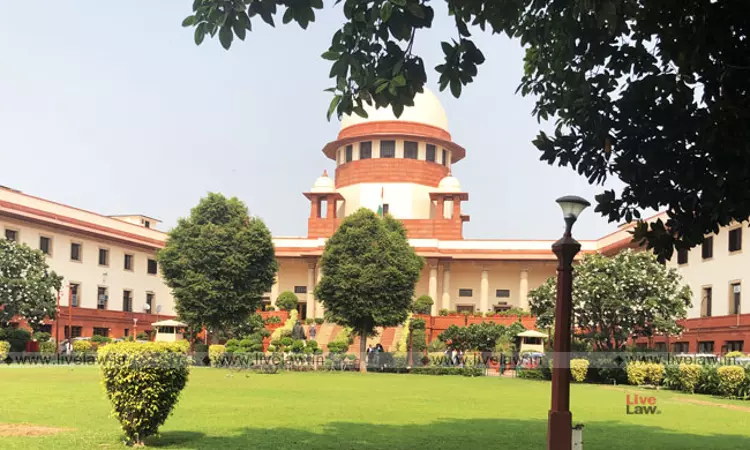The Supreme Court has been moved in a plea challenging, as being violative of Articles 14 and 19(1)(g) as well as the Disaster Management Act 2005, government notifications requiring payment of full wages/salaries to the workers/employees, during the COVID-19 lockdown, and restraining the employer from laying off/terminating/retrenching any employee.The petition by the Kerala State...

